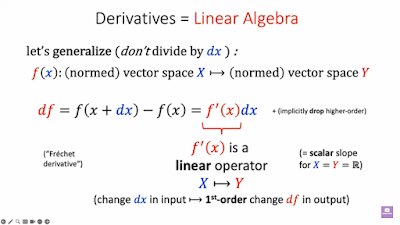David Quintieri on William White's Recent Comments About Central Banks Monetary Policy
David has been saying this shit for years and he's blue in the face as a result. It's nice to hear someone who worked for the OECD reaffirm some of it, but there is not much real news here. Nothing in the interview I've seen so far shows that White has any better idea about real economics than any other banker does. It's not about money, it's about resource use, and you need to know a fuck of a lot more about human civilization as a whole than any banker I have ever heard of in order to understand what the real problem is. See A Long Compicated Story About Archaeology in Venezuela and Economic and Technological Development of The Earth.
The government of the Estado Plurinacional de Bolivia has made strong public commitments to both the Ley de Derechos de la Madre Tierra, and also to accelerating the economic and technological development of the country.
The particular form of that economic and technological development therefore needs to be demonstrably compatible with the commitments made in the Law of the Rights of Mother Earth, which most importantly asserts the right to life: “It is the right to the maintenance of the integrity of life systems and natural processes which sustain them, as well as the capacities and conditions for their renewal.”
Capitalist, or “free market,” economic and technological development is not naturally compatible with the right to life. The problem is that free market economic models are based on the principle that monetary value is a universal measure of all goods, and that the monetary value of those goods can consequently be determined naturally by little more than the operation of those same markets, under the assumption that free markets are naturally optimal mechanisms for maximizing utility. The problem is that utility is essentially a matter of the knowledge that economic agents actually have as to the different ways in which goods may be put to use. The assumption that free market pricing maximizes utility depends on all of those economic agents having perfect information. But the utility of goods depends upon the future use to which those goods may be put, and free markets certainly do not have perfect information about the future, because then they would not be free markets: they would be completely determined by that perfect information.
Consequently, the model of economic and technological development which the Plurinational State of Bolivia pursues, cannot be one based on the monetary value of goods, which value is determined by capitalist free market economies. Free markets are dominated by wealthy organizations and individuals, and therefore inevitably ignore the value of those goods to the poor. Socialist economics on the other hand, is based on the developing the actual knowledge of the utility of goods. In other words — rather than policies based upon the monetary values determined by free markets, which are determined by the use to which those goods will be put, by those people who happen to have enough money to buy them — we implement economic policies which are based on developing the shared human knowledge as to the actual future value of goods: valuation based on the uses to which those goods could be put by the society as a whole.
See «Central Banks Keep Shooting Themselves in the Foot» for the text. William White's Wikipedia bio is here: https://en.wikipedia.org/wiki/William_White_(economist)



Comments
Post a Comment